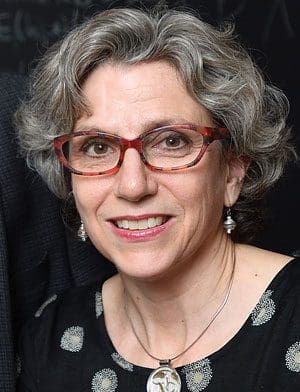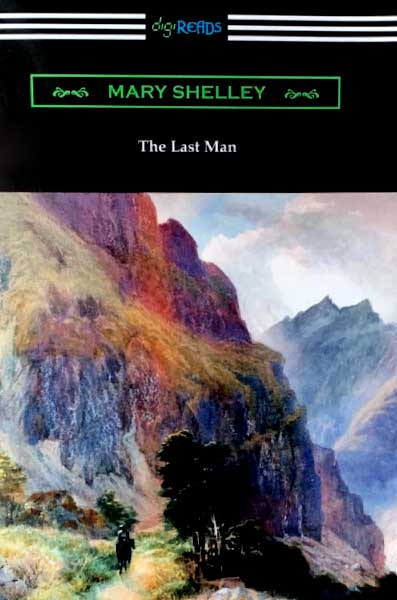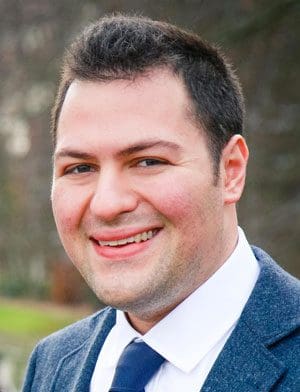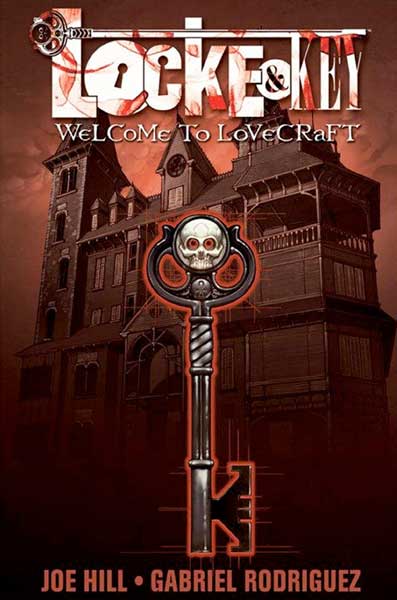
Sharon Achinstein, Sir William Osler Professor, English

“We That Are Young by Preti Taneja brilliantly sets King Lear in modern India. The title is from the final lines of Shakespeare’s play, its main characters the next generation—the daughters, the sons—maimed by histories both national and personal. Here are all the paradoxes of new wealth and hideous inequality: booming malls, spas, and mansions, enclosed estates where peacocks roam, and the impoverished slum-dwellers who service these. Cordelia is an ecowarrior, and, of course, there is a storm. I loved every minute of this smart novel: It tells a great story that also asks who tells the story, who shapes history?”

Alexandre White, Assistant Professor, Sociology

“It may not be a big departure from what I research on a daily basis, but I am reading Mary Wollstonecraft Shelley’s The Last Man. It’s an amazing book. It’s a gothic science fiction novel that imagines a deadly pandemic that emerges in the latter half of the 21st century at a moment when the British Empire is at its collapse. Despite being written in 1826, it feels very prescient at the moment. A feminist, futurist approach to thinking about global epidemics is one that is so deeply critical today.”

Stephen Fried, Assistant Professor, Chemistry

“I am reading Locke & Key, a graphic novel by Joe Hill and Gabriel Rodriguez. The sprawling tale begins with the Locke siblings moving back to their ancestral home following the mysterious murder of their father. The Victorian mansion houses magical keys that open doors into new worlds and possibilities … but which are also sought by nefarious forces.
As a scientist, I have always found fantasy and science fiction incredible avenues to express wonder, curiosity, and excitement about ‘what is not yet, but could be someday.’ These feelings have motivated the greatest scientists, and are no doubt also responsible for our most treasured and memorable works of fiction.”




